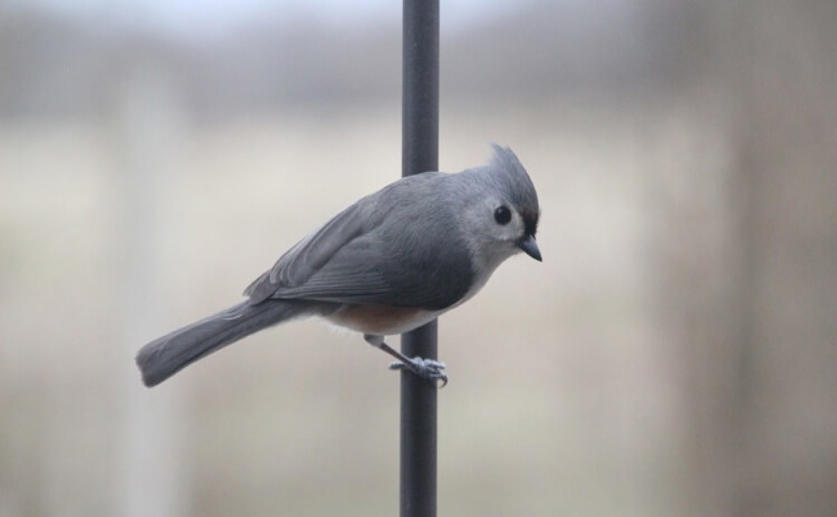
This archived news article is over 5 years old.
Noise Pollution Masks Alarm Calls, Making Songbirds More Vulnerable to Predation
Joanna Lawrence
31st December, 2016


Joanna Lawrence
31st December, 2016
